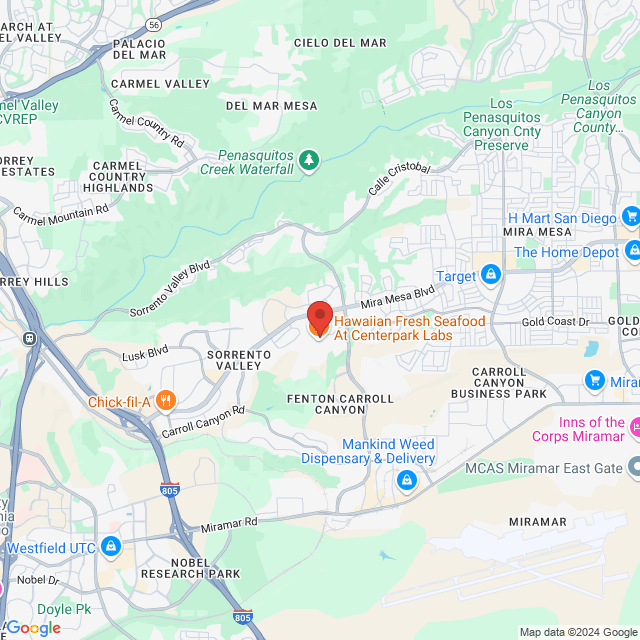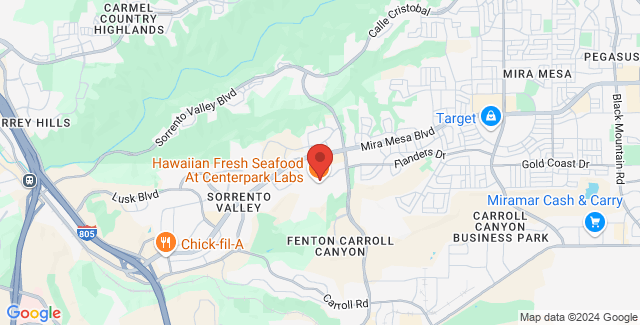Telemarketing Fraud
Telemarketing fraud is any scheme that uses telephone contact to deceitfully divest its victims of money or property. This is typically accomplished through one of two strategies: promising goods or services in exchange for money, then failing to provide them; or vastly overstating the goods or services that are provided. Congress estimates that, each year in the United States, as much as $40 billion is lost to telemarketing scams, with one out of every six American citizens affected.
Telemarketing fraud can occur on many levels. Some fraudulent companies operate out of homes or small offices. Others rely solely on cell phones for increased protection. The largest operations are set up in warehouses or office buildings, called ‘boiler rooms.’ In these operations, many salespersons are employed to make phone call after phone call. Overbearing, insistent managers drive employees to say anything to make a sale. Sometimes, a kind of pyramid scheme is employed in which entry level salespersons place most of the calls, and more experienced swindlers are called upon to reel victims in after contact has been made. These offices are set up fairly simply so that they can be broken down easily and moved should authorities become aware of the company’s fraudulent activity.
Types of Telemarketing Scams
The oldest types of telemarketing fraud are scams to which almost everyone has been exposed. These include:
- Prize offers and sweepstakes
- Magazine sales
- Credit card sales
- Programs to earn money from home
- Loan offers
- Vacation offers
However, these hardly comprise everything that the modern consumer has to worry about. New scams are created every day.
Automatic Debit
This scam centers around a bank account withdrawal method called ‘demand draft.’ This is essentially a check that banks will cash without a signature. During the course of an offer, telemarketers often ask whether a person has a checking account. Some are participating in a faithful exchange, in which the consumer purchases a product via a demand draft. Others, however, only want the account number in order to draw funds. Nothing is provided in return.
Vitamins and Health Products
These often promise results that are completely unreasonable, yet consumers tend to want to give them a chance.
Investments
The offer of high-yield, low-risk opportunities has become fairly commonplace. These investment offers usually involve tangible products, such as precious metals, gems, coins, art, and various other commodities. The product is almost always worthless.
Charities
Telemarketers sometimes pretend to be from a phony charity; often, they assume a name for their organization that sounds very similar to a reputable charity.
Recovery
Posing as law enforcement agents, some fraudulent telemarketers prey on the victims of a previous scam by offering to recover losses for a fee or donation. Real law enforcement agents don’t promise to recover lost money and don’t charge fees, so these types of offers are almost always fake.
"Do Not Call" Lists
Con artists have picked up on the concept of the “Do Not Call” list – a registry of people who have signed up to be protected from phone solicitation. Underhanded telemarketers are now calling and offering to put people on such a list, only to obtain personal information and access accounts.
Contact an Attorney
Please contact Impact Law to arrange a meeting with an experienced criminal defense attorney in your area.




